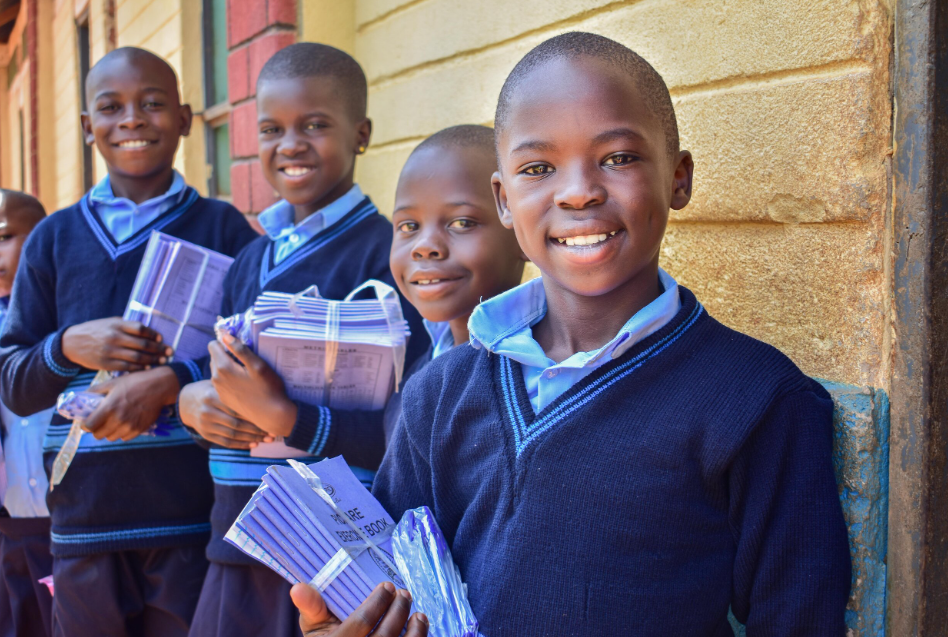In a world where disparities in resources and opportunities continue to widen, child sponsorship programs are beacons of hope in underserved communities. These initiatives are much more than charitable contributions; they are life-changing engagements that bring education, health, and empowerment to children whose futures are otherwise dim. When we talk about bringing light to dark places, that is often the torchbearer leading the way.
The Impact of Childhood Adversity
Children in impoverished regions often face a litany of challenges, from malnutrition and poor healthcare to inadequate education and unsafe living conditions. These unfortunate circumstances result in a cyclic pattern of poverty that can persist for generations. Africa charity programs address these core issues by providing the resources necessary for a child to break free from the shackles of their environment and look toward a brighter future.
Education
Education serves as a cornerstone for change; it equips children with knowledge and skills that open doors to new possibilities. Access to quality education means learning to read and write, being able to understand fundamental mathematics, and obtaining critical thinking skills. Through sponsorship, donors directly contribute to school fees, books, uniforms, and necessary supplies.
Health and Nutrition
A child’s health directly affects their ability to learn and thrive. These programs often incorporate health and nutrition components, ensuring children receive regular health check-ups, vaccinations, and nutritious food. These initiatives can dramatically reduce the incidence of childhood diseases and malnutrition, which are rampant in areas of poverty.
Empowerment and Agency
Beyond the immediate benefits of education and health, sponsoring a child fosters a sense of empowerment and agency. Children learn that they have worth and that someone believes in their potential, often a transformative realization for a young mind. With the guidance of program facilitators, children develop leadership skills and learn about their rights, giving them the confidence to pursue their dreams and influence change in their communities.
In Conclusion:
Child sponsorship programs are a powerful mechanism for positive change, shedding light on the darkest corners by fortifying the potential within each child. By supporting these programs, individuals engage in a partnership that not only brightens individual lives but also contributes to brighter tomorrows for communities globally. The responsibility to kindle this light and chase away the darkness rests with each of us. Through our collective action, we can ensure that every child has the chance to learn, grow, and thrive, regardless of where they were born.

 Home
Home







